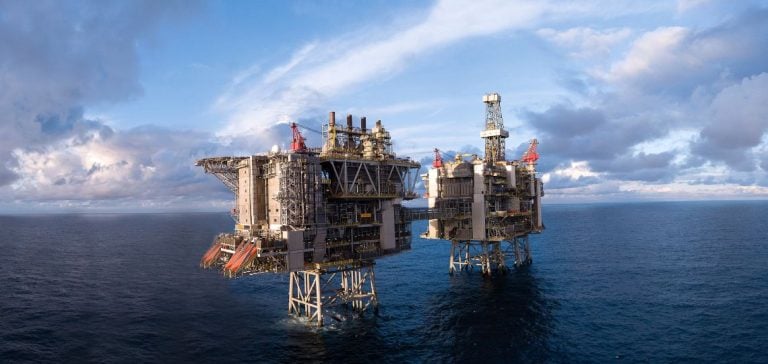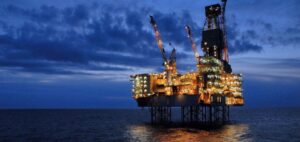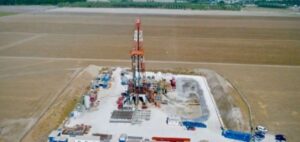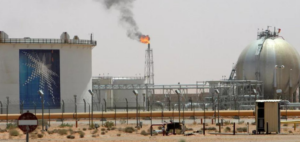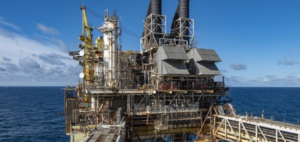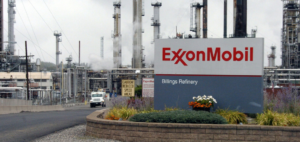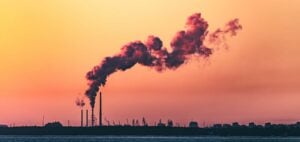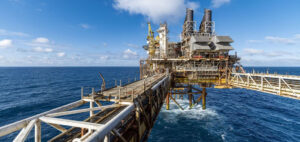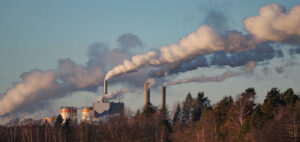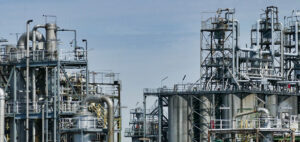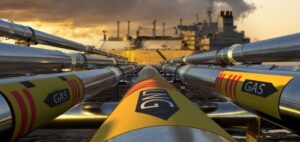The UK’s oil and gas industry, particularly in the North Sea, is at a critical juncture.
As the country strives to meet its emissions reduction targets, major players in the sector are stressing the importance of maximizing the potential of this resource-rich region.
According to Offshore Energies UK, the industry’s representative body, up to 13.5 billion barrels of oil equivalent could still be extracted from British waters, raising questions about the country’s decarbonization strategy and energy security.
Concerns about a premature closure of North Sea operations are growing.
Ahead of an industry meeting in Aberdeen, OEUK warns of the consequences of cutting production too quickly.
Planned tax increases, which come into effect on November 1, could result in an estimated £12 billion loss of tax revenue by 2029.
This could jeopardize the UK’s ability to meet its energy needs, given that the North Sea supplies around half of the country’s energy.
Impact of tax policies on industry
The North Sea is home to iconic crude blends such as Forties and Brent, which play a key role in setting the Dated Brent benchmark.
However, oil production has fallen significantly, reaching 642,000 barrels per day in the second quarter of 2024, down 9% year-on-year.
David Whitehouse, CEO of OEUK, points out that “production is now experiencing an unnecessarily steep decline, which, if left unchecked, will lead to a premature end to the life of assets that can contribute to the UK’s security of supply.”
Industry forecasts indicate that increased imports of fossil fuels, particularly gas, could have a larger carbon footprint than domestic reserves.
This raises questions about the long-term viability of decarbonization policies if domestic production is excessively curtailed.
Emissions reduction and technological progress
Despite these challenges, the industry has made significant progress in reducing emissions.
According to OEUK’s latest report, overall emissions from upstream production processes have fallen by 28% since 2018, mainly thanks to operational improvements such as the modernization of power generation systems.
Methane emissions have also fallen by 53% over the same period, while the volume of gas flared or vented into the atmosphere has decreased by 52%.
By 2023, emissions from upstream operations represented around 3.5% of total UK emissions, or around 13.5 million tonnes of CO2 equivalent.
These figures testify to the industry’s commitment to reducing its carbon footprint while maintaining efficient production.
Future commitments and challenges
The industry has committed to reducing its upstream emissions by 25% by 2027 and 50% by 2030, against a 2018 baseline, as part of a North Sea Transition Agreement signed in 2021.
However, the implementation of these commitments could be jeopardized by the planned increase in the tax rate, which could reach 78% with a reduction in investment allocations.
North Sea operators are expressing concern about the impact of these changes on future investments, with some having already suspended their projects.
Outlook for the North Sea industry
As the North Sea industry continues to navigate a complex environment, key players are calling for greater collaboration with government to ensure a balance between decarbonization and energy security.
Future political decisions will play a crucial role in determining the future of this vital industry.
The ability to produce sustainably while meeting the country’s energy needs will be key to ensuring the UK’s economic and environmental resilience.
The stakes are clear: maximize the North Sea’s potential while meeting decarbonization commitments.
The industry must navigate carefully to avoid a transition that could compromise both energy security and environmental objectives.


